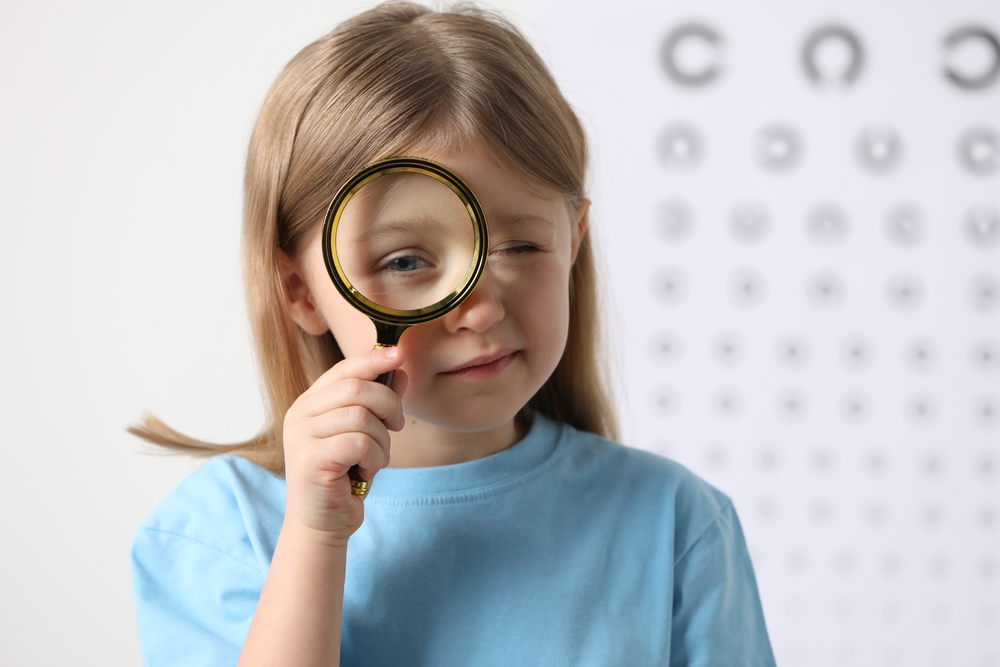
As children grow and develop, so do their eyes. One of the most common vision issues in children is myopia, or nearsightedness, which makes distant objects appear blurry. With the rising prevalence of myopia around the world, early detection is more important than ever.
Understanding Myopia in Children
Myopia typically develops during childhood and can progress rapidly during the school years. It occurs when the eye grows too long from front to back, causing light to focus in front of the retina rather than directly on it. Genetics, excessive screen time, lack of outdoor activity, and near work like reading and studying have all been linked to myopia development.
Why Early Screening Is Essential
Catching myopia early allows for proper intervention, which can help slow its progression and reduce the risk of serious eye conditions later in life, such as retinal detachment, glaucoma, and macular degeneration. Children often don’t realize their vision is blurry, so they may not voice concerns. Instead, parents and teachers might notice signs like:
• Squinting to see the board
• Sitting too close to the TV or computer
• Holding books very close to the face
• Complaints of headaches or eye strain
Regular eye exams are key to identifying these issues before they impact a child’s academic performance and quality of life.
When Should Children Be Screened?
We recommend that children have their first comprehensive eye exam before starting school, typically around age 5 or 6, followed by annual exams thereafter. These regular checkups are especially important if there is a family history of myopia or if the child already wears glasses. Early visits play a crucial role in monitoring the development of your child’s vision and eye health, even before they are able to read or communicate vision problems clearly.
Protect Your Child’s Vision at iCare Optometry
Myopia is becoming increasingly common in children, but early detection and proactive management can make a significant difference in preserving long-term vision health. Regular eye exams allow for timely intervention and help ensure your child’s eyesight supports their learning, development, and overall well-being.
Contact iCare Optometry to schedule a comprehensive eye exam and learn more about effective myopia management options tailored to your child’s needs. Visit our office in Idaho Falls, Idaho, or call (208) 522-2839 to book an appointment today.




